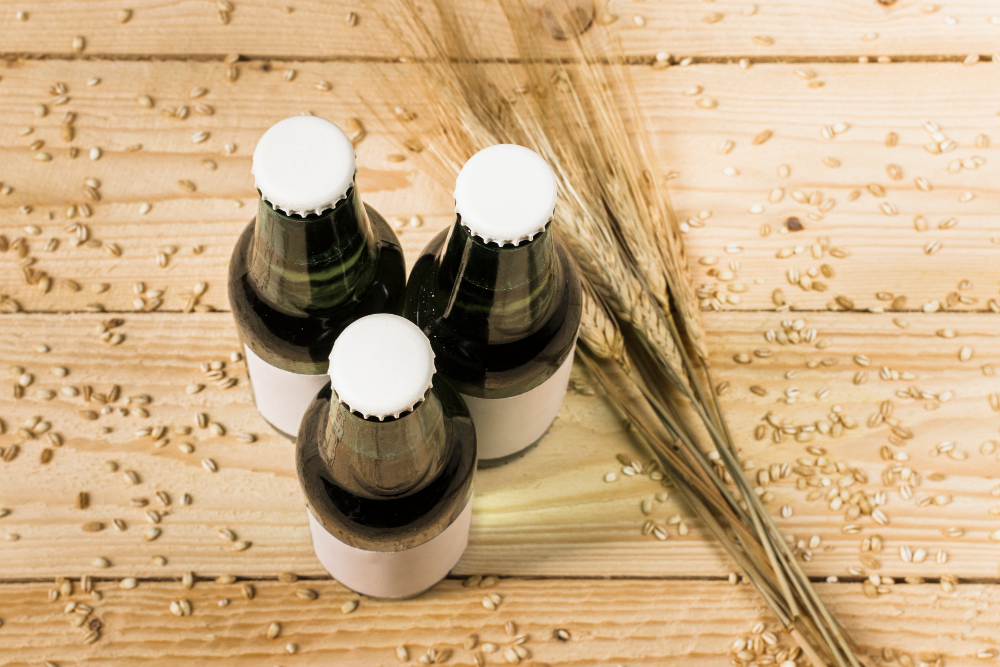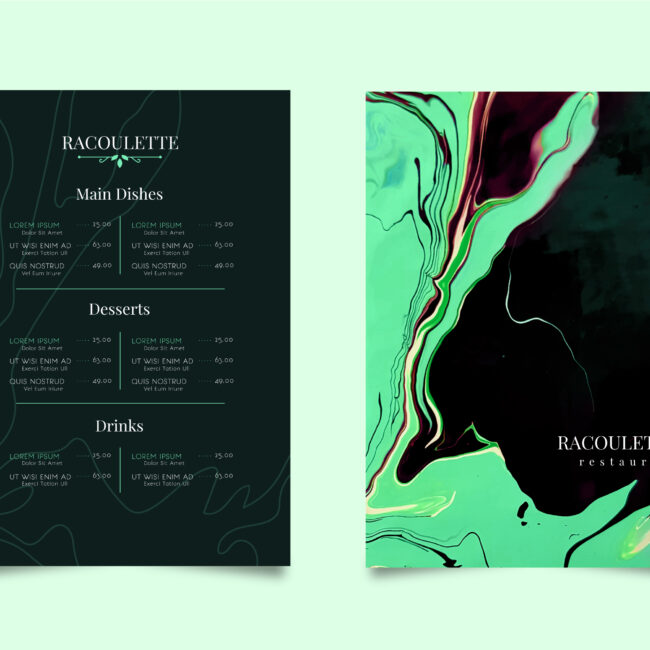Coeliacs and people who love beer but swell up like balloons when they drink it: the gluten-free beer is your solution.
More and more people are intolerant to this protein, but most brands offer an equally tasty alternative. In our wine bar in Mallorca you will find a wide range of premium products, including beer.
What is, or is not, gluten-free beer?
Before we dive into the brewing of this type of beer, let's explain what exactly gluten is:
- It is a protein found in the seeds of many cereals such as wheat, barley, rye, spelt, etc....
- These seeds also contain starch, germ and bran, which can be obtained isolated from gluten.
- Gluten acts as a thickener, which is responsible for the elasticity of the doughs we make with this flour.
- Intolerant or allergic people cannot digest gluten (the protein) completely, as their immune systems interpret it as toxic and trigger an adverse reaction.
Beer that can be labelled as "gluten-free", "gluten-free" or "gluten-free" is beer that contains less than 20 ppm of gluten.
But does it taste the same as traditional beerHow do they differ?
How is this beer brewed?
There are two ways to brew gluten-free beer:
- Using gluten-free cereals or pseudocereals such as buckwheat, quinoa, millet or rice.
- Using cereals that do contain gluten but degrading it through an enzymatic process.
The first option is indeed much simpler, but the taste is also quite different. In the second case, the beer has a taste and texture very similar to that of traditional beer.
This does not mean that one product is better than the other, but that we get different beers.
Production stages of gluten-free beer
- Malt is obtained from the chosen cereal
- The grain undergoes a soaking phase in which it begins to grow.
- This grain develops its enzymes in the germination phase.
- At this stage, exogenous enzymes are added to break down the gluten and reduce its content in the final product.
- An additional filtration process can also be carried out
- This germination stops when the grain passes through the drying phase.
- The grain is cleaned of roots and sprouts resulting from germination.
- The malt is roasted to achieve the characteristic colour, texture and flavour of the beer.
All the gluten-free beer that goes on the market undergoes rigorous controls that guarantee that it is products fit for consumption of allergic or intolerant people.
If you also suffer from some kind of digestive problem that forces you to follow an anti-inflammatory diet, gluten-free beer is the perfect solution for those beers with friends.





